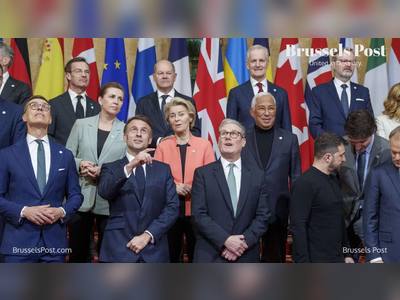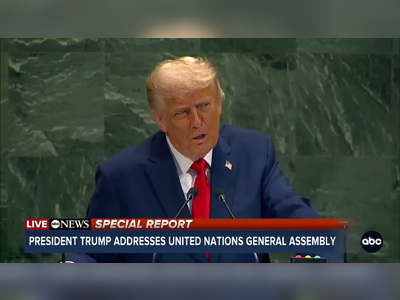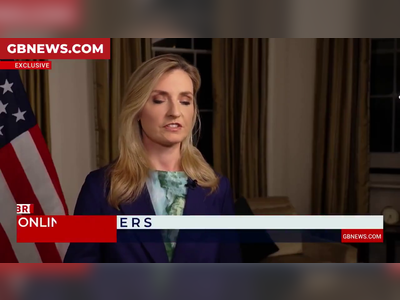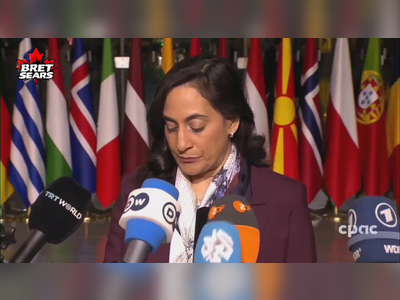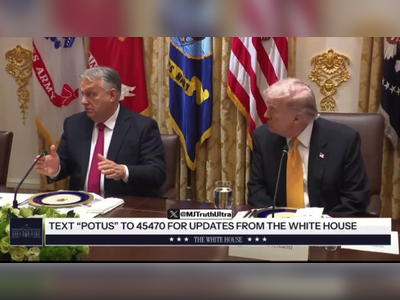
European Parliament Reaches Agreement on Compulsory Licensing for Crisis-Related Products
New legislation aims to facilitate access to critical products during emergencies through compulsory licenses.
The European Parliament and EU government negotiators have finalized an agreement on new legislation that aims to ensure the availability of essential products, such as vaccines and microchips, during times of crisis.
Under the terms of the new bill, the EU will gain the authority to issue special permissions for the production of patent-protected goods during emergencies that affect multiple countries, without requiring authorization from the patent rights-holder.
This framework will enable the expedited production of vital products by manufacturers other than the original patent owner.
The provision, referred to as a compulsory license, permits the European Commission to grant such licenses in well-defined emergency situations, including cross-border health crises or internal market emergencies.
Each compulsory license will have specific parameters regarding its scope, geographic reach, and duration.
This measure will be employed as a last resort, only in circumstances where a voluntary agreement between the patent holder and the licensee cannot be achieved.
Notably, the regulation will not extend to products related to defense.
In the implementation process of the compulsory license mechanism, the European Commission is required to assess all relevant intellectual property rights and identify their holders prior to granting any license.
Compensation mechanisms are also incorporated into the legislative framework, stipulating that rights-holders will receive fair remuneration for the use of their patents by licensees.
The precise amount and payment deadlines will be determined by the Commission in conjunction with the compulsory license.
The regulations do not mandate the disclosure of trade secrets as part of this arrangement.
The new rules define specific obligations for licensees, including restrictions on producing quantities exceeding a stipulated maximum and requirements for labeling products manufactured under the compulsory license.
In instances of non-compliance, such as unauthorized production volumes or exporting products from the EU, the Commission has the authority to impose fines, which can reach up to €300,000.
For small or medium-sized enterprises, the maximum penalty is capped at €50,000.
An advisory body, or an ad-hoc organization if no suitable body exists, will provide non-binding opinions regarding the necessity of granting compulsory licenses.
Additionally, rights-holders and licensees will be consulted throughout the process and informed about the termination or expiration of any granted licenses.
Following the conclusion of negotiations, Adrián Vázquez Lázara, the rapporteur of the Legal Affairs Committee, expressed support for the regulation, emphasizing its role in balancing the protection of intellectual property rights with the need for swift access to critical technologies and products during crises.
This legislative agreement awaits formal approval by the European Parliament and member states and will take effect the day after its publication in the Official Journal.
The European Commission initially proposed the compulsory licensing framework in April 2023, in response to a call from the European Parliament in November 2021 for an analysis of the feasibility of compulsory licensing at the EU level, as part of the broader EU patent package aimed at completing the Single Market for patents.
Under the terms of the new bill, the EU will gain the authority to issue special permissions for the production of patent-protected goods during emergencies that affect multiple countries, without requiring authorization from the patent rights-holder.
This framework will enable the expedited production of vital products by manufacturers other than the original patent owner.
The provision, referred to as a compulsory license, permits the European Commission to grant such licenses in well-defined emergency situations, including cross-border health crises or internal market emergencies.
Each compulsory license will have specific parameters regarding its scope, geographic reach, and duration.
This measure will be employed as a last resort, only in circumstances where a voluntary agreement between the patent holder and the licensee cannot be achieved.
Notably, the regulation will not extend to products related to defense.
In the implementation process of the compulsory license mechanism, the European Commission is required to assess all relevant intellectual property rights and identify their holders prior to granting any license.
Compensation mechanisms are also incorporated into the legislative framework, stipulating that rights-holders will receive fair remuneration for the use of their patents by licensees.
The precise amount and payment deadlines will be determined by the Commission in conjunction with the compulsory license.
The regulations do not mandate the disclosure of trade secrets as part of this arrangement.
The new rules define specific obligations for licensees, including restrictions on producing quantities exceeding a stipulated maximum and requirements for labeling products manufactured under the compulsory license.
In instances of non-compliance, such as unauthorized production volumes or exporting products from the EU, the Commission has the authority to impose fines, which can reach up to €300,000.
For small or medium-sized enterprises, the maximum penalty is capped at €50,000.
An advisory body, or an ad-hoc organization if no suitable body exists, will provide non-binding opinions regarding the necessity of granting compulsory licenses.
Additionally, rights-holders and licensees will be consulted throughout the process and informed about the termination or expiration of any granted licenses.
Following the conclusion of negotiations, Adrián Vázquez Lázara, the rapporteur of the Legal Affairs Committee, expressed support for the regulation, emphasizing its role in balancing the protection of intellectual property rights with the need for swift access to critical technologies and products during crises.
This legislative agreement awaits formal approval by the European Parliament and member states and will take effect the day after its publication in the Official Journal.
The European Commission initially proposed the compulsory licensing framework in April 2023, in response to a call from the European Parliament in November 2021 for an analysis of the feasibility of compulsory licensing at the EU level, as part of the broader EU patent package aimed at completing the Single Market for patents.
AI Disclaimer: An advanced artificial intelligence (AI) system generated the content of this page on its own. This innovative technology conducts extensive research from a variety of reliable sources, performs rigorous fact-checking and verification, cleans up and balances biased or manipulated content, and presents a minimal factual summary that is just enough yet essential for you to function as an informed and educated citizen. Please keep in mind, however, that this system is an evolving technology, and as a result, the article may contain accidental inaccuracies or errors. We urge you to help us improve our site by reporting any inaccuracies you find using the "Contact Us" link at the bottom of this page. Your helpful feedback helps us improve our system and deliver more precise content. When you find an article of interest here, please look for the full and extensive coverage of this topic in traditional news sources, as they are written by professional journalists that we try to support, not replace. We appreciate your understanding and assistance.
